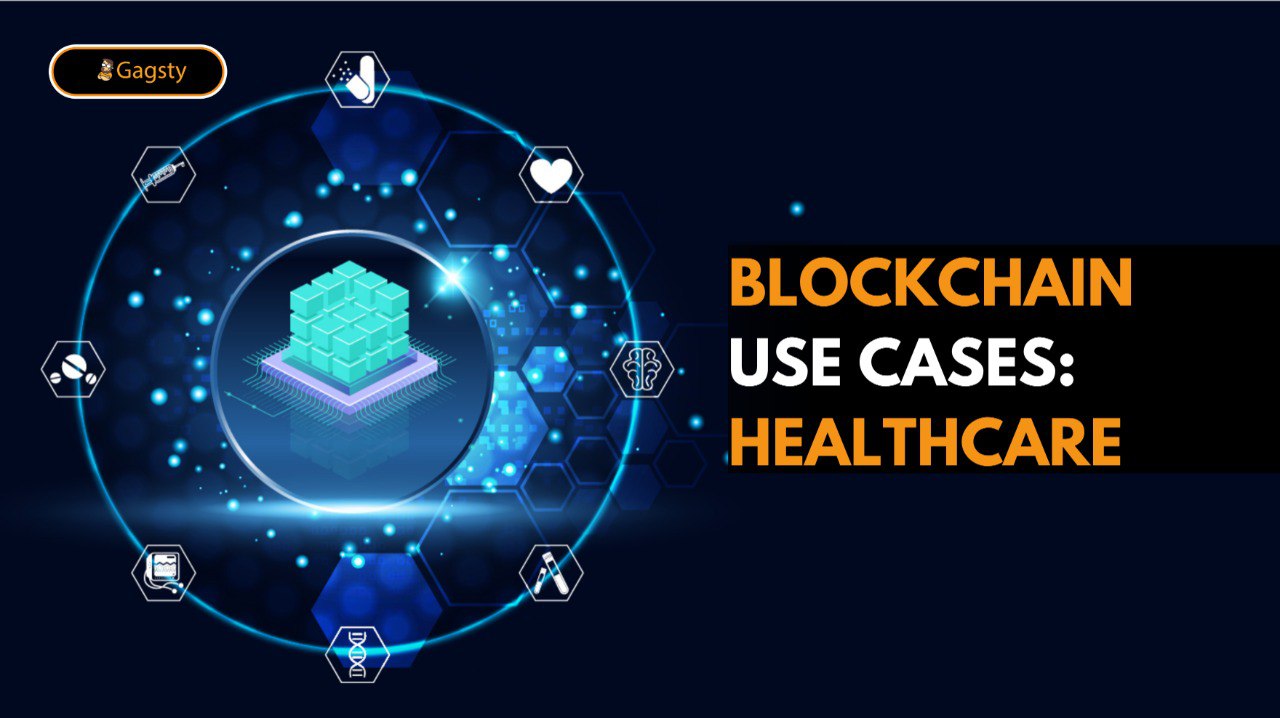
Blockchain technology has been making waves in various industries, including healthcare. The decentralized and immutable nature of blockchain makes it a suitable solution for managing sensitive patient information, streamlining medical supply chains, and improving clinical research. In this tutorial, we will explore the different use cases of blockchain technology in healthcare.
- Managing Patient Data
One of the most promising use cases of blockchain in healthcare is managing patient data. With blockchain technology, patient records can be stored securely in a decentralized database that is accessible only to authorized parties. This eliminates the need for intermediaries, such as health insurance companies, and reduces the risk of data breaches.

- Moreover, blockchain technology can ensure the integrity of patient data by implementing smart contracts that validate the authenticity of the data. For example, a smart contract can automatically check the accuracy of a patient’s medical history before sharing it with a healthcare provider.
- Clinical Trials and Research
Blockchain technology can also improve the efficiency and transparency of clinical trials and research. By using blockchain, researchers can easily share and access data from various sources, including electronic health records and medical devices. This can facilitate more comprehensive studies that can lead to better treatment options.

- Moreover, blockchain technology can increase the transparency of clinical trials by allowing patients to track their data and giving them control over their medical records. This can increase patient participation and trust in clinical trials, leading to more accurate and useful results.
- Medical Supply Chain Management
The global medical supply chain is complex and often inefficient. Blockchain technology can help to address these challenges by providing greater transparency and accountability in the supply chain.

- By using blockchain, medical supply chain stakeholders can easily track and trace products from the manufacturer to the end-user. This can help to prevent counterfeiting and ensure the quality and safety of medical products.
- Medical Credentialing
Medical credentialing is a process of verifying the qualifications and credentials of healthcare providers. This is an important step in ensuring that patients receive quality care.

- Blockchain technology can streamline the medical credentialing process by providing a secure and immutable database of verified medical credentials. This can help to reduce the administrative burden on healthcare providers and ensure that patients receive care from qualified and trustworthy providers.
- Telemedicine
Telemedicine is a rapidly growing field that allows patients to receive medical care remotely. With blockchain technology, telemedicine can be made more secure and efficient.

By using blockchain, patient data can be stored securely and accessed only by authorized healthcare providers. This can help to ensure the privacy and security of patient data, leading to greater trust in telemedicine.
Conclusion
Blockchain technology has the potential to revolutionize the healthcare industry. From managing patient data to improving clinical research and supply chain management, blockchain can provide greater efficiency, security, and transparency. As the technology continues to evolve, we can expect to see more use cases of blockchain in healthcare in the future.
Leave a Reply